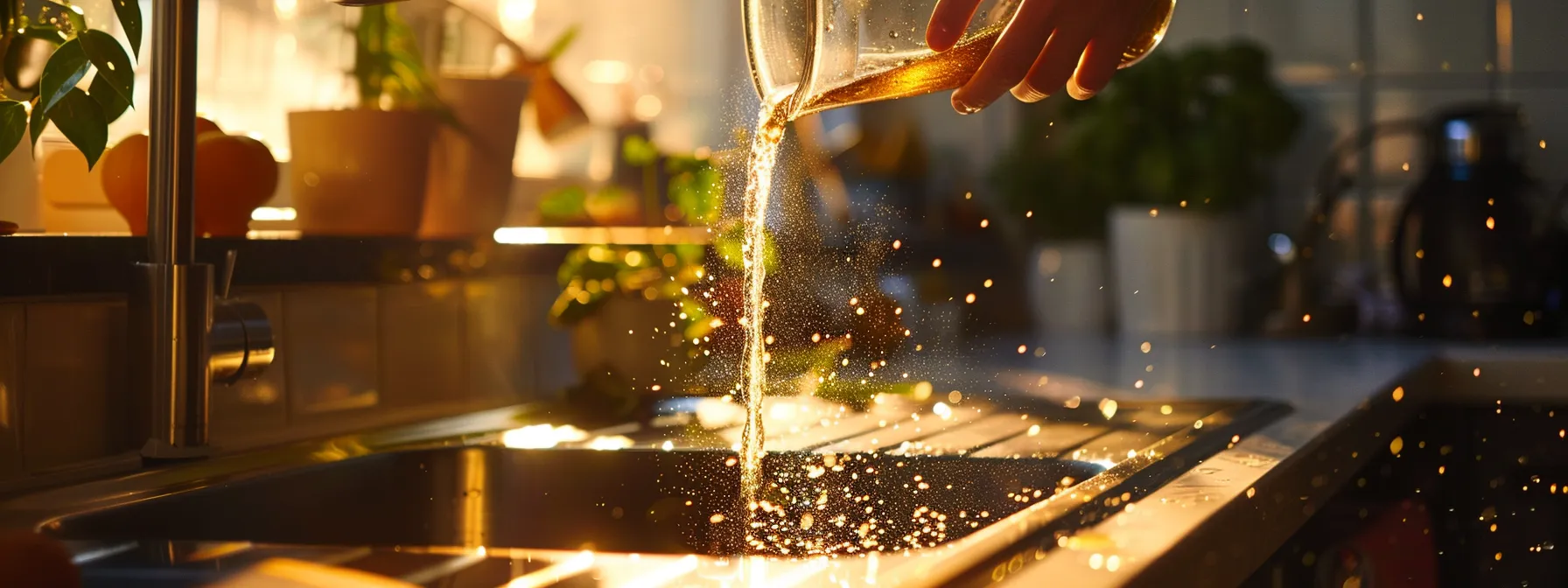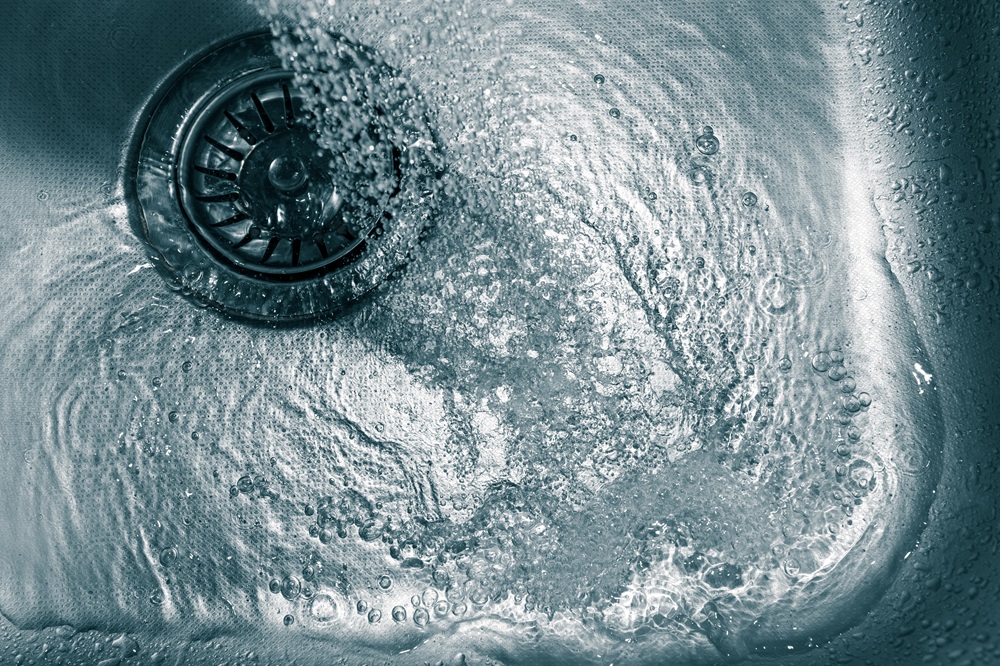Maintaining a home involves myriad responsibilities, among which keeping the plumbing system in top condition is paramount. A crucial aspect of this is ensuring drains are clean and clear, preventing the buildup that leads to clogs and potential water damage. Timely intervention not only safeguards the home’s infrastructure but also contributes to a hygienic living environment. Keep reading to discover why regular drain cleaning is an indispensable part of home maintenance.
Professional Drain Cleaning Versus DIY Methods

When it comes to cleaning drains, homeowners often debate between professional services and DIY approaches. DIY methods, such as using plungers or chemical cleaners, might provide a temporary fix but can also be harmful to your pipes over time. They may also fail to remove the root cause of the clog, resulting in repeated blockages.
Professional drain cleaning services, on the other hand, offer comprehensive solutions that not only remove blockages but also diagnose underlying issues. Experts have the tools and expertise to deal with complex plumbing systems, ensuring that the job is done correctly and preventing future problems.
One example of expert service can be found in drain cleaning Minneapolis, where professionals utilize advanced techniques like camera inspections to pinpoint issues within the pipes. Such precision in identifying problems gives homeowners clarity on the condition of their plumbing and the necessary steps to fix it.
Benefits of Regular Drain Cleaning for Home Maintenance
Regular drain cleaning preserves the long-term health of your plumbing system. By keeping drains free of obstructions, water flows smoothly, alleviating pressure on pipes and preventing leaks. This consistent upkeep means fewer emergency repairs, translating to savings on potentially high plumbing bills.
Home sanitation also benefits from clean drains. When drains are clog-free, odors, pests, and bacteria have less opportunity to trouble your home environment. The clean, fresh smell that comes from well-maintained pipes is a subtle but significant attribute of a hygienic household.
Further, routine drain maintenance can enhance the efficiency and lifespan of your home’s plumbing. Like any well-tuned system, regular care helps in detecting minor issues before they escalate. Catching small clogs early on avoids severe damage, thereby extending the life of your pipes and fixtures.
Signs Your Drains Need Immediate Attention
Not all drain issues manifest in obvious ways. Slow drainage is a common early signal that suggests a potential clog. If water takes longer to disappear from sinks or showers, it’s worth investigating, rather than waiting for a complete stoppage.
Strange noises from the pipes, such as gurgling or bubbling sounds, should also cause concern as they indicate trapped air in the plumbing caused by blockages. Similarly, any unpleasant odors emanating from the drain are signs that waste is accumulating and not moving as it should through the system.
Water backups are more alarming indications of a blockage. Any occurrence of water rising back through the drains is a sure sign that flow is being impeded. This requires swift action to avoid the water damage that can result from overflows or burst pipes.
Best Practices for Maintaining Clean and Functional Drains

To prevent drain clogs from occurring, it’s important to adopt vigilant habits in waste disposal and maintenance. Avoid pouring grease, oil, and food scraps down the kitchen drain, and consider using drain strainers to catch hair and debris in bathrooms. These small daily efforts can significantly reduce the risk of blockages.
Regular flushing with hot water can help to maintain clear drains, as it dissolves soap scum and grease that might start building up. Enzyme-based cleaners are another safe option for routine maintenance; they naturally break down organic matter without harming pipes.
Educating household members about what shouldn’t go down the drains is also crucial. Certain items that are often wrongly disposed of, like wipes, cotton balls, and feminine hygiene products, should be disposed of in the trash. Many of these are labeled “flushable” but are notorious for causing obstructions.
Altogether, regular drain cleaning is more than a chore—it’s a proactive step towards ensuring the well-being of your home. Overall, timely intervention practices, combined with heightened awareness of how to treat your drains, are the keys to a functional, damage-free plumbing system.

